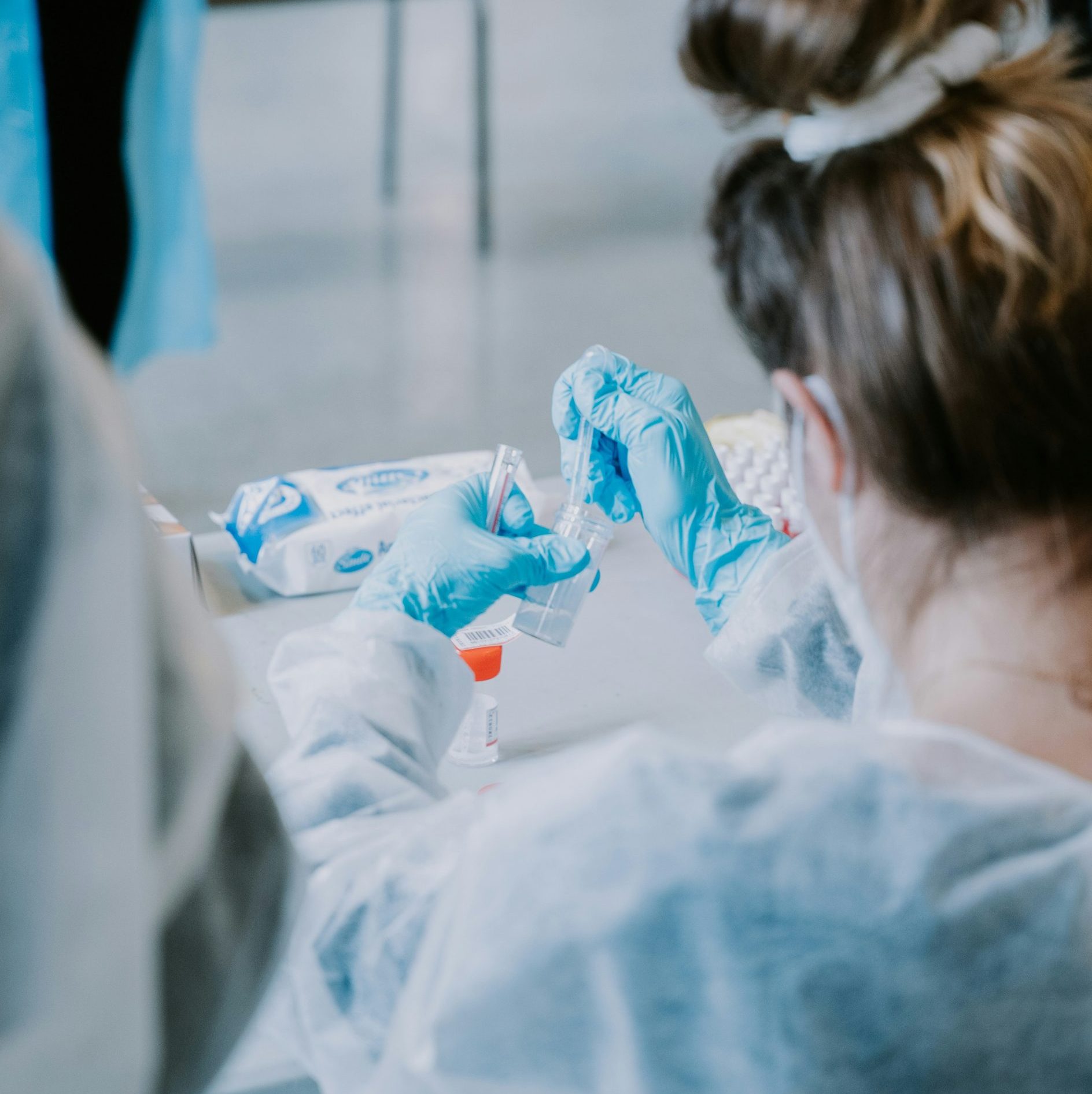STD/STI TESTING
Prioritizing Your
Sexual Wellness
Seeking STD testing and treatment at urgent care is discreet and accessible, providing relief without embarrassment. The Urgent Care handle STDs effectively, offering convenience and flexibility. Regular testing is recommended for sexually active individuals, as many STDs may not exhibit symptoms. Insurance coverage may varie.
Prompt diagnosis and treatment at urgent care minimize wait times and costs. The Urgent Care ensures rapid diagnostics and personalized treatment plans, making it a preferred choice for STD care.

FAQs
Getting tested is recommended if you’ve engaged in unprotected sex, are showing symptoms, or are entering a new relationship and want to prioritize your health. Testing ensures early detection and timely treatment if diagnosed. Testing frequency varies based on individual factors such as sexual activity, number of partners, and past STD history. For sexually active individuals, annual testing is generally recommended, while those with higher risk factors may need more frequent testing
The majority of STD tests are quick and relatively painless, typically involving procedures like a blood draw, urine sample, or mouth swab.
The price of STD testing can differ based on factors like the specific test, the number of STDs screened, and your insurance coverage. Since insurance plans can change, the most accurate way to determine the cost is to contact our clinic directly.
A comprehensive STD panel typically covers screenings for prevalent STDs like chlamydia, gonorrhea, syphilis, and HIV. Certain tests might extend to include other infections like hepatitis C or trichomoniasis. Your provider might suggest further tests based on your specific risk factors.
Below are the typical time frames for the onset of symptoms in the most prevalent STDs:
- Chlamydia: 1 to 3 weeks
- Genital herpes: 4 to 7 days but can delay by months or years
- Genital Warts: 3 weeks to years
- Hepatitis A: 15 to 50 days
- Hepatitis B: 8 to 22 weeks
- Hepatitis C: 2 to 26 weeks
- Human Papillomavirus (HPV): 1 month to 10 years based on the type
- Gonorrhea: 2 weeks
- Oral herpes: 2 to 12 days
- Pubic Lice: several weeks
- Scabies: 6 weeks or 4 days if you have had it before
- Syphilis: 2 to 3 weeks but can vary widely
- Trichomoniasi: 1 to several months
- HIV/AIDS: 2 to 6 weeks


